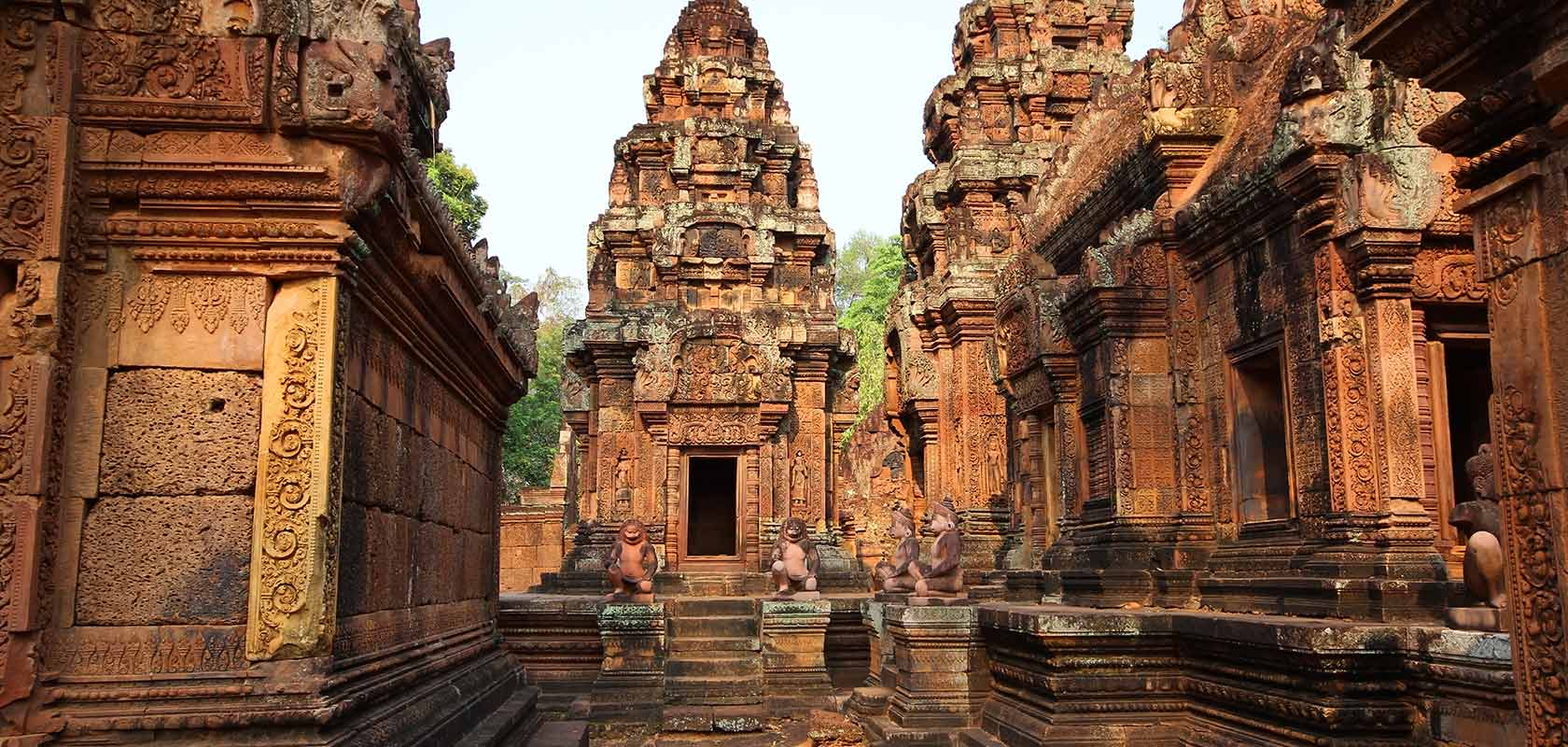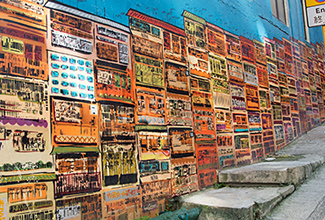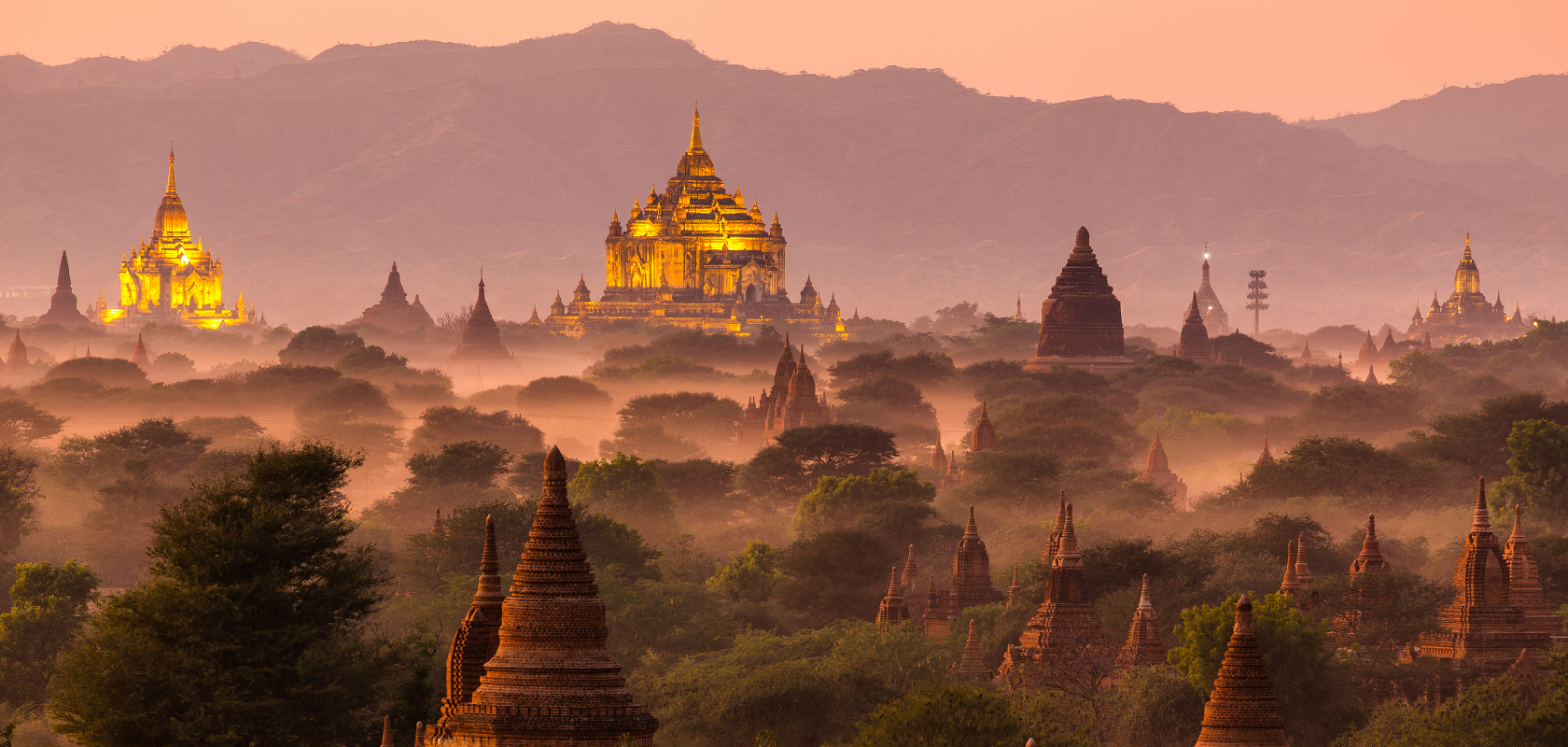Siem Reap’s colorful Banteay Srei district is about to be put on the map as one of the new in-places for increased domestic and international tourism as part of the ‘Visit Banteay Srei’ initiative, a campaign launched in Siem Reap city proclaiming there’s much more to the district that just the famed temple of the same name.
Like much of Siem Reap province, Banteay Srei has seen little of the benefits that tourism has brought to its provincial capital. The new initiative hopes to change that with the help of the Regional Economic Development programme III (RED III), a rural development programme that started in October 2007 with the help of German technical assistance support from international development association GIZ.
The programme was introduced to Siem Reap province and covers all eleven rural districts using a market-driven approach to achieve its ultimate goal of poverty alleviation.
Six districts were assessed for their tourism potential in 2012 and Banteay Srei emerged as the district with the most potential. The launch will feature the publication of the second edition of the Banteay Srei District Visitor Map, as well as the Visit Banteay Srei Tourism website. The district’s natural beauty and local homestays as draw cards for tourists wanting to escape the hordes in Siem Reap.
BanteayS rei is one of the most beautiful temples in the Angkor region and gives its name to the surrounding district. However, Banteay Srei is so much more than a temple, offering visitors a diverse range of real life experiences just a short distance from Siem Reap. The district has some of the “most accessible homestays in Cambodia, ranging from village homes to boutique accommodation, and the area is dotted with local restaurants serving such local treats as nam ben chok noodles.
Lifestyle attractions include village walks, farm visits, ox cart rides and boat trips in natural surroundings. Trekking and cycling are just beginning to take off with hikes to sacred mountains and biking through traditional villages.
Lead attractions include the Cambodia Landmine Museum, the Angkor Centre for Conservation of Biodiversity, noted for its wildlife rescue activities, the Banteay Srei Butterfly Centre and Prey Kbal Teuk Community Forest with its rare plant species.


